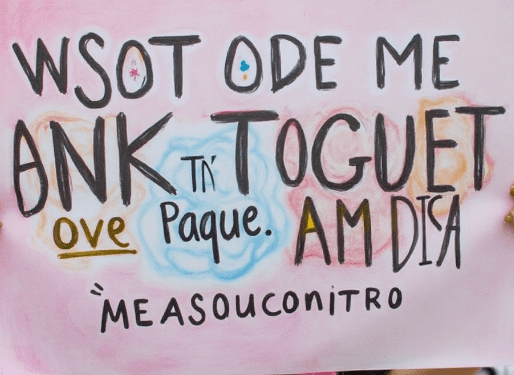The fight for access to legal and safe abortion across Latin America and the Caribbean continues to be a battleground of human rights. This week, various reports shed light on the glaring inequality faced by women in the region regarding their reproductive rights. While some countries have made strides toward liberalizing abortion laws, others are clamping down with strict regulations or full criminalization, exacerbating the challenges faced by women seeking safe reproductive care.
The Patchwork of Abortion Laws
The legal landscape of abortion in Latin America is complex and varied. Countries like Argentina and Uruguay have moved toward more liberal laws, offering women the right to access abortion under broader conditions. In 2020, Argentina made history by legalizing abortion up to 14 weeks, setting a precedent in a region where many women have limited access to reproductive health services.
However, in stark contrast, countries like El Salvador and Honduras have some of the strictest abortion bans globally. In El Salvador, abortion is illegal under all circumstances, including rape, incest, and when the mother’s life is at risk. Women and medical professionals face severe legal consequences, with many women imprisoned for suspected abortions. These draconian laws disproportionately affect low-income women who lack the resources to seek safe, clandestine procedures or travel to countries with more lenient laws.
Threats of Regression in Progressive Countries
Even in countries where abortion is legal, there is a constant threat of regression. In Mexico, the Supreme Court’s decriminalization of abortion in 2021 was a groundbreaking victory, but conservative opposition continues to challenge its implementation, especially in rural and conservative states. Women in these areas often face logistical and financial barriers to accessing clinics, compounded by the cultural stigma surrounding abortion.
The situation in Brazil under President Jair Bolsonaro further illustrates the precarious nature of reproductive rights. Bolsonaro’s government has actively sought to roll back reproductive freedoms, promoting conservative policies that aim to limit access to abortion and related services. His administration’s alignment with religious groups has empowered conservative factions that seek to reverse progress on women’s rights.
Socioeconomic and Health Consequences
The disparity in abortion access in Latin America is more than just a legal issue—it is a profound social and health crisis. Women from marginalized communities, particularly those in poverty, are most affected by restrictive laws. Without access to safe abortion services, many resort to unsafe, clandestine procedures, which contribute to high maternal mortality rates. The World Health Organization (WHO) has long warned that unsafe abortions are a leading cause of maternal deaths globally, and Latin America is no exception.
The COVID-19 pandemic has only worsened these challenges. Lockdowns and strained healthcare systems have limited women’s access to contraception and safe abortion services, exacerbating the health risks for vulnerable women. In countries with stringent abortion bans, women have been left with even fewer options, as travel restrictions have curtailed cross-border trips for reproductive healthcare.
The Road Ahead
The struggle for reproductive rights in Latin America is ongoing, with activists fighting tirelessly to challenge the entrenched patriarchal systems and religious conservatism that dominate many of the region’s governments. Grassroots movements like Argentina’s “Green Wave” have inspired similar campaigns across the continent, from Mexico to Chile, advocating for the right to choose.
However, the road ahead is fraught with challenges. The political landscape in many Latin American countries remains deeply divided, with powerful conservative and religious groups pushing back against any efforts to liberalize abortion laws. In many cases, the struggle for women’s rights is seen as a proxy for broader battles over democracy, secularism, and human rights.
As Latin America continues to grapple with these issues, the international community watches closely. The outcome of this struggle could have profound implications for women’s rights globally, as it sets a precedent for how reproductive rights are treated in regions where conservative and religious opposition remains strong.





